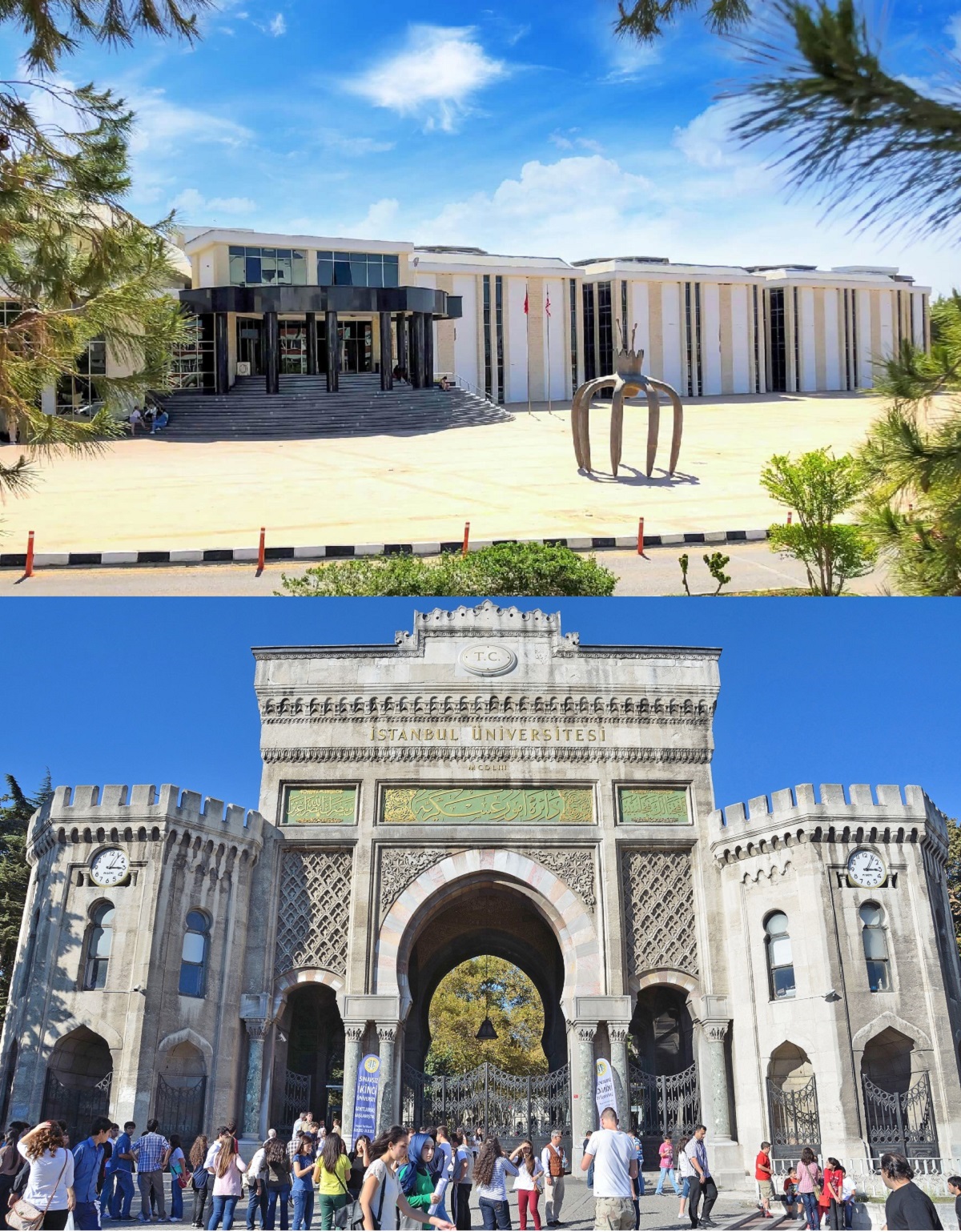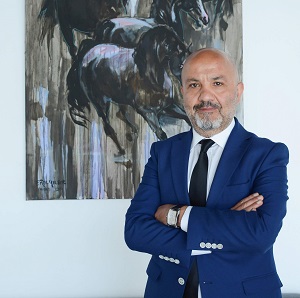
The “Technology Development Project in Health”, which was prepared in cooperation with the Near East University and Istanbul University to produce a medical diagnostic kit to detect the genetic causes of rare metabolic diseases in children, will be supported by the Istanbul University Scientific Research Projects Coordination Unit Research Universities Support Program (ADEP).
Hereditary metabolic rare diseases constitute an important part of rare diseases, which are one of the serious public health problems of the world and our country. The spectrum of clinical signs and symptoms that occur in different inherited metabolic diseases with complex clinical structures and genetic heterogeneity is quite wide. These vary according to the age of onset of the disease, type of mutation, nutrition, biochemistry of the stored material, and cell types in which storage takes place. All these reasons may complicate the diagnosis of these diseases. Undiagnosed or delayed diagnosis of rare diseases causes irreversible damage, especially mental and developmental retardation, in patients. Therefore, newborn screenings are of vital importance to detect such diseases.
Near East University and Istanbul University continue to work to develop a diagnostic kit to be used in newborn screening to detect genetic causes of metabolic diseases. Thus, the joint project titled “kits development using utilities”, which is the third new-generation sequencing technology for second-line molecular differential diagnosis in extended newborn screening with sequential mass spectrometry, prepared in cooperation with Near East University DESAM Research Institute and Istanbul University Istanbul Medical Faculty, Department of Child Nutrition and Metabolism and Rare Diseases Department of Pediatric Health Institute, was deemed worthy of support by the Istanbul University Scientific Research Projects Coordination Unit Research Universities Support Program (ADEP).
The diagnostic kit, which will be produced as a result of the project carried out in cooperation with the two universities, will be used in newborn screenings to detect the genetic mutation that causes hereditary metabolic rare disease. Along with the study, it will be easier to detect diseases without symptoms, initiate early treatment, prevent organ damage, especially brain damage, and most importantly, prevent disability and premature death.
Newborn screenings are vital in identifying rare diseases
Within the scope of newborn screening of the Ministry of Health of the Republic of Turkey, six inherited metabolic diseases are screened: Phenylketonuria, Congenital Hypothyroidism, Congenital Adrenal Hyperplasia, Biotinidase Deficiency, Cystic Fibrosis and Spinal Muscular Atrophy. The United States and other developed countries have been using “expanded newborn screening” programs that can screen for nearly 50 different diseases in newborn babies for nearly two decades. Newborn screening is not yet used as a national screening program in the Turkish Republic of Northern Cyprus.
It will be possible to diagnose many rare diseases with the diagnostic kit developed by Turkish scientists.
It will be possible to confirm the diagnoses of certain hereditary rare metabolic diseases in children by molecular method with the project within the scope of extended newborn screening conducted by Near East University Rector and DESAM Research Institute Director Prof. Dr. Tamer Şanlıdağ and his team, Istanbul Faculty of Medicine, Department of Child Health and Diseases Faculty Member Prof. Dr. Gülden Fatma Gökçay. The extended newborn screening kit will be developed on the Oxford NanoPore system.

Near East University Rector Prof. Dr. Tamer Şanlıdağ emphasized that the newborn screening kit they will develop with Istanbul University will meet an important need. Reminding that they made the COVID-19 PCR Diagnosis and Variant Analysis Kit, which they had previously developed and produced at the labs of the Near East University, with the approval of the Ministry of Health of Turkey and TRNC, Prof. Dr. Şanlıdağ said, “We will bring the expanded newborn screening kit, which we will develop together with Istanbul University, one of Turkey’s deep-rooted institutions, to the health sector with various commercialization strategies.”
Stating that the diagnostic kit they will develop will make an important contribution to the cooperation between the Turkish Republic of Northern Cyprus and the Republic of Turkey in the field of health, Prof. Dr. Tamer Şanlıdağ said, “With the early diagnosis of rare metabolic diseases in Turkey and Northern Cyprus, the application of accurate and definitive treatment will be greatly facilitated.”

Istanbul Faculty of Medicine, Department of Child Health and Diseases, Faculty Member of the Istanbul Faculty of Medicine, who also assumed the leadership of the project, Prof. Dr. Gülden Fatma Gökçay said that the new kit they will develop through an innovative approach together with Near East University is a first in the scientific literature and in the industry in determining the genetic cause of metabolic diseases in children.
Prof. Dr. Gülden Fatma Gökçay, emphasizing the importance of early diagnosis of hereditary metabolic diseases that cause significant intelligence and developmental problems in case of delay in the diagnosis and treatment process, said, “The extended newborn screening kit that we will develop and produce will meet a very important need in the diagnosis of rare diseases by providing rapid and precise diagnosis.”